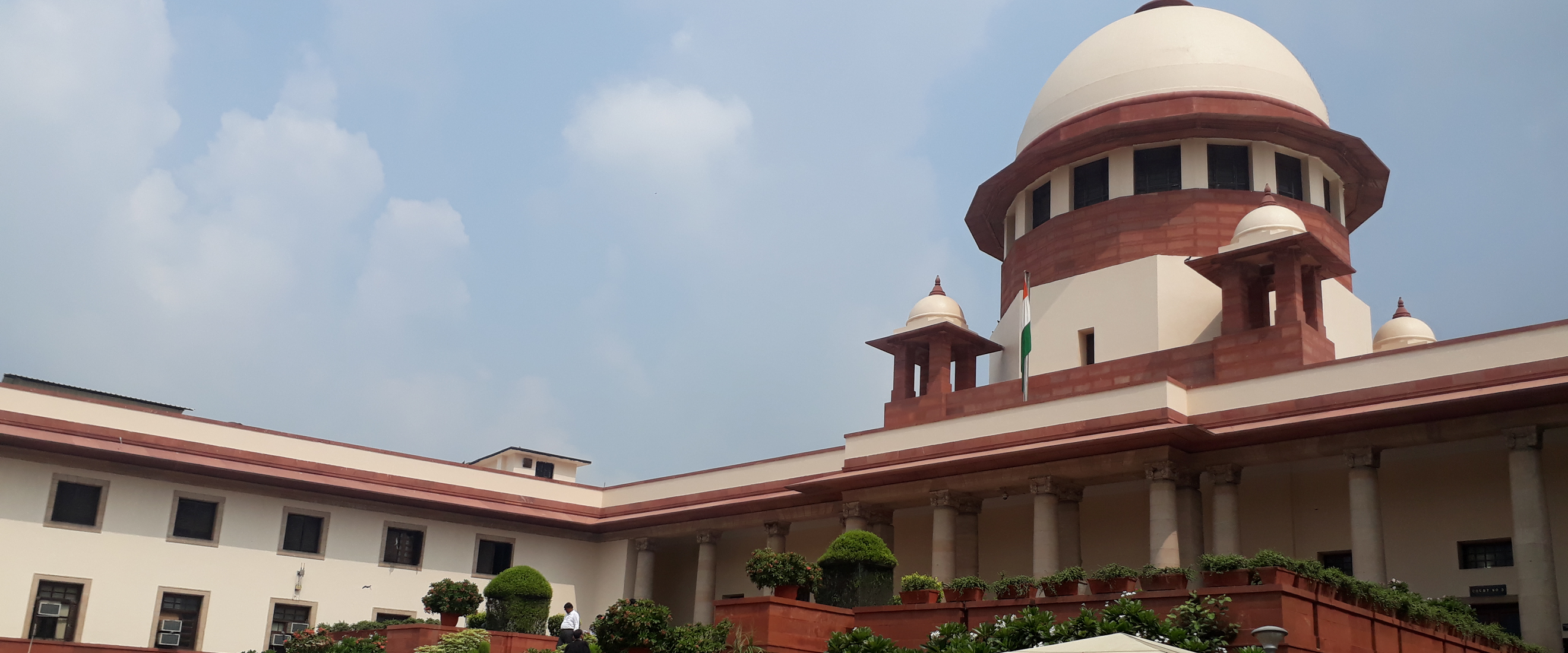Analysis
Supreme Court Dismisses Petition on PM CARES Fund
Petition filed before Supreme Court questioning contributions to PM Cares Fund during COVID-19 crisis.

The Centre for Public Interest Litigation (CPIL) had filed a public interest petition before the Supreme Court on the Union Government’s response to the COVID-19 pandemic and PM CARES Fund. This week, on August 18th, the court delivered its judgment. A three-judge bench comprising of Bhushan, Reddy, and Shah JJ dismissed CPIL’s petition.
Petitioners Urged that Grants Should Not Be Held in PM CARES Fund
The petitioners argued that any grants or contributions by individuals or organisations towards the COVID-19 crisis should be held in the National Disaster Response Fund (NDRF) constituted through S. 46 of the Disaster Management Act 2005, (‘Act’). They contended that crediting these contributions into the PM CARES fund circumvented the Act. The petitioners emphasized that the NDRF is subject to audit by the Comptroller and Auditor General of India (‘CAG’), unlike the PM CARES fund. They stressed that they do not doubt the government’s intention; however, they cast doubt on the lack of transparency involved in bypassing a specially constituted pre-existing fund, and asked for the PM CARES fund to be subject to CAG audit.
Additionally, the petitioners argued that the Union Government’s response to the pandemic and the ensuing migrant crisis has been inadequate. Further, the Government must draft a comprehensive plan as per sections 10 and 11 of the Act, which corresponds to a minimum standard of relief under S.12 of the Act.
The Solicitor General Tushar Mehta at the outset questioned the locus standi of the petitioner, arguing that a group cannot be assembled solely for the purpose of filing public interest petitions. However, he asked that this question be set aside for the Court to closely examine it in the future. The present judgment then only dealt with the merits of the petitioners’ case.

Screengrab from PM CARES website.
The Court Does Not Find Merit in Petitioners’ Claims
The Court was faced with three broad questions: (1) whether the Union government was under any obligation to utilise the NDRF for tackling COVID-19; (2) whether all donations should be to the NDRF instead of the PM CARES fund; and (3) whether the amount already in the PM CARES fund should be transferred to the NDRF. These questions are closely linked and were treated as such by the bench.
The Court responded in the negative to all these questions, and the petitioners’ prayers were dismissed. Its reasoning was based on two broad points: first, the two funds have different stated objectives; second, their form and structure are also different.
On the first point, the Court noted that the calamities covered under the NDRF are as follows: ‘cyclone, drought, earthquake, fire, flood, tsunami, hailstorm, landslide, avalanche, cloud burst, and pest attack considered to be of a severe nature’ by the Government, to justify supplementing a state government’s SDRF resources. The PM CARES fund, on the other hand, refers to a ‘public health emergency’. However, the Court did note that states would be entitled to the release of additional funds from the NDRF, which is thus still available for use as per its statutory purpose. Additionally, the Court stressed that the NDRF makes no specific provision for biological calamities or public health emergencies. It could only be used for these purposes if the Union Government issued a notification to this effect.
On the second point, the Court noted that the NDRF is a statutorily-constituted fund which requires oversight by the CAG. In contrast, the PM CARES fund is a public charitable trust which consists of voluntary contributions from individuals and organisations, rather than containing any public funds. Therefore, it does not need to be audited by the CAG, and can instead be audited by a private accountant.
Based on these two separate considerations, the Court came to its conclusion: given the gravity of the COVID-19 situation in India, and the fact that the NDRF did not explicitly cover biological or public health emergencies the Union Government had the prerogative to create a fund containing the necessary financial resources to handle the current situation. The Court went so far as to hold that it was not for a petitioner to question, or for the Court to sit judgment upon financial decisions made by the Union Government
